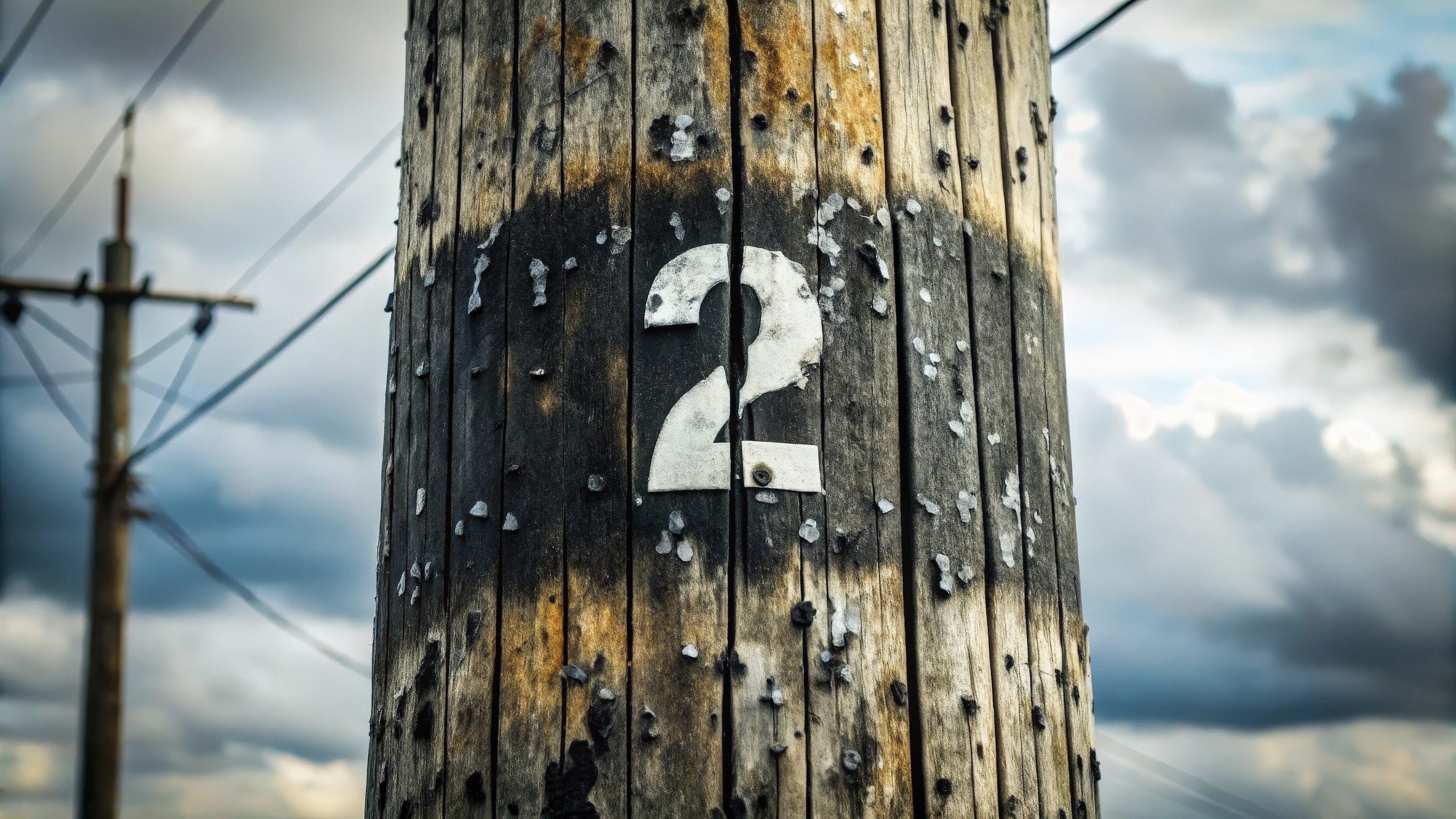Louise Perry, the author of The Case Against the Sexual Revolution: A New Guide to Sex in the 21st Century, questions the once unambiguously positive view of the sexual revolution.
Perry argues that sex-positive feminism justifies abusive and power-imbalanced sexual practices and pressures women to imitate masculine roles.
She believes that inherent physical and psychological differences between men and women have profound social implications that the current sexual culture doesn’t serve. Her book challenges the idea that the sexual revolution was an unqualified success.
LOUISE PERRY: I used to be completely sold on the standard narrative about the sexual revolution- that it was an unambiguously good thing. I started to question that, I suppose initially at university. I had those little dominoes starting to tumble at about that time, although I wouldn't have expected that it would end with me writing a book called "The Case Against the Sexual Revolution". The phrase that I often hear is: "We don't want to go back to the 1950s do we?" Or the "Handmaid's Tale" is obviously hovering in the background as this fearsome threat if we question any of the sexual liberation narrative. I don't think it's a binary choice: There's a lot of space in-between the two extremes of complete permissiveness and theocracy. The problem is that sex-positive feminism, in practice, gets put to the purpose of basically excusing all kinds of really quite abusive, really quite grim sexual practices, and ends up being this kind of ideology that's just lying in wait to justify any manner of power imbalance in sexual relationships. We're making decisions within an incentive structure which has a path of least resistance, and the path of least resistance currently is all about viewing having sex, like a man, as aspirational. It doesn't have to be, though. It is possible to make different choices, and I think, increasingly, there are more and more young women who are doing that, and are waking up to the downsides of sexual liberation.
I'm Louise Perry. I'm a journalist and author, and my book is called "The Case Against the Sexual Revolution: A New Guide to Sex in the 21st Century."
If you look at human history, there does tend to be a bit of a rollercoaster effect with sexual culture in that you will have periods of greater permissiveness, periods of greater restriction, kind of alternating. The difference, I think, with our sexual revolution is that ours stuck, and I think the reason that ours stuck is because of 'the Pill.' That suspends female fertility and does so in a way that women can control, and that is invisible. That was so radical, and it came along as well with all sorts of changes to the economy. Things like washing machines, central heating, microwaves, nappies, tampons, all the things associated with modern domestic life that our ancestors didn't have access to. All of this means that it's now become a lot easier for modern women to live like men, to imitate traditionally masculine roles, whether that be in professional life or in terms of sexuality. What we've seen, I think, is that the new social incentives are dragging that female bell curve towards the male bell curve, encouraging women to imitate male sexuality and to be more eager to have casual sex, to be more interested in watching porn, to be more sexually experimental, and so on. For some women, that's fine, that's a good result. For a lot of women, what you hear is this sometimes slightly non-specific sense of dissatisfaction and distress.
We are now in a sexual culture where women feel like they don't have much option except to imitate male sexuality; that it's actually seen as being a rite of passage to go through a period of hooking up and having emotionless sex, and trying to have sex like a man. This is the phrase that's used in the first-ever episode of "Sex and the City" where the protagonist in the first episode has sex with an ex-boyfriend and she's complete conscious of the fact that this is emotion-free. She says in the voiceover:
CARRIE BRADSHAW: 'I realized that I'd done it. I just had sex like a man. I left feeling powerful, potent, and incredibly alive.'
PERRY: So this is held up as being aspirational, and I think that that's a social culture that really doesn't serve young women's interests.
Right up until the Pill's invention, having sex is probably the most consequential thing a woman can do. You have more than nine months of pregnancy, a dangerous and difficult labor, many years of infant care, including breastfeeding. The consequences for women are enormous, and so of course, it makes sense in that context that women would've evolved to be much pickier. A slightly controversial point that I make in the book is a chapter called 'Men and Women are Different.' The reality for our species is that only one half can get pregnant, the other half can do the impregnating, and that half the population who can get pregnant is also smaller and physically weaker than the other half, which has profound social implications. Most men can kill most women with their bare hands, but not vice versa. Men can, on average, punch with about twice the amount of force that women can, and bench press with twice the amount of force.
And then there are also the psychological differences: There's a trait that psychologists call 'sociosexuality' which is not quite the same as sex drive; it's your interest in sexual variety. So someone who has unrestricted sociosexuality is going to be more interested in watching porn, experimenting with kinks, and having casual sex. So on dating apps, what you'll see is that women are tending to cluster toward the most desirable men: the richest, the handsomest. Those men can have a different date with a different woman every day of the week, assemble these kind of digital harems. In a system where some people are inherently more powerful than others, if they are granted more freedom, there is the risk that they will use that greater freedom to exploit people who are weaker than them. There's a phrase from the socialist historian, R.H. Tawney, "Freedom for the pike is death for the minnows." Now he was talking about economics, but I think that we should be understanding sexual culture in the same way. Someone low in sociosexuality is going to be much more focused on monogamy and commitment, is going to be much more reluctant to jump into bed with someone they've just met. I don't think anyone watching will be surprised to hear that men are higher on average in sociosexuality than are women, with lots of outliers, obviously. But you know, if you're talking at the population level we're talking about millions or billions of people, you have what I call the 'sociosexuality gap,' where you have at the population level, you have a lot more men who are eager to jump into bed with women and there aren't enough women who actually want to do it.
How do you bridge that sociosexuality gap? Various cultures have come up with different solutions. One solution for this is prostitution, where you basically have a class of poor women who are reserved for the purpose of absorbing all of that excess male sexual energy. I don't accept that. It does a terrible wrong to those women to basically have a class of women who are reserved for that purpose. I also think that the current culture where you see all women being encouraged to sort of be dragged up towards the male standard, is also clearly leading to distress. I think, fundamentally, a feminist claim is that having unwanted sex is worse than being sexually frustrated. So I think that a feminist project, a truly feminist project, shouldn't try and persuade women to be more like men. To have sex like men, it should actually be focused on persuading men to have sex more like women.







